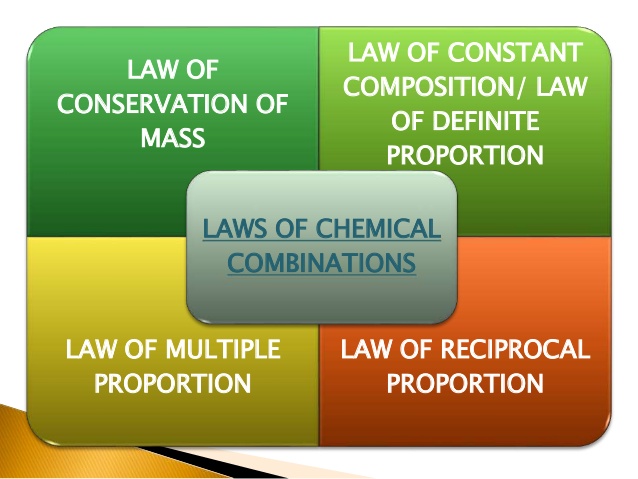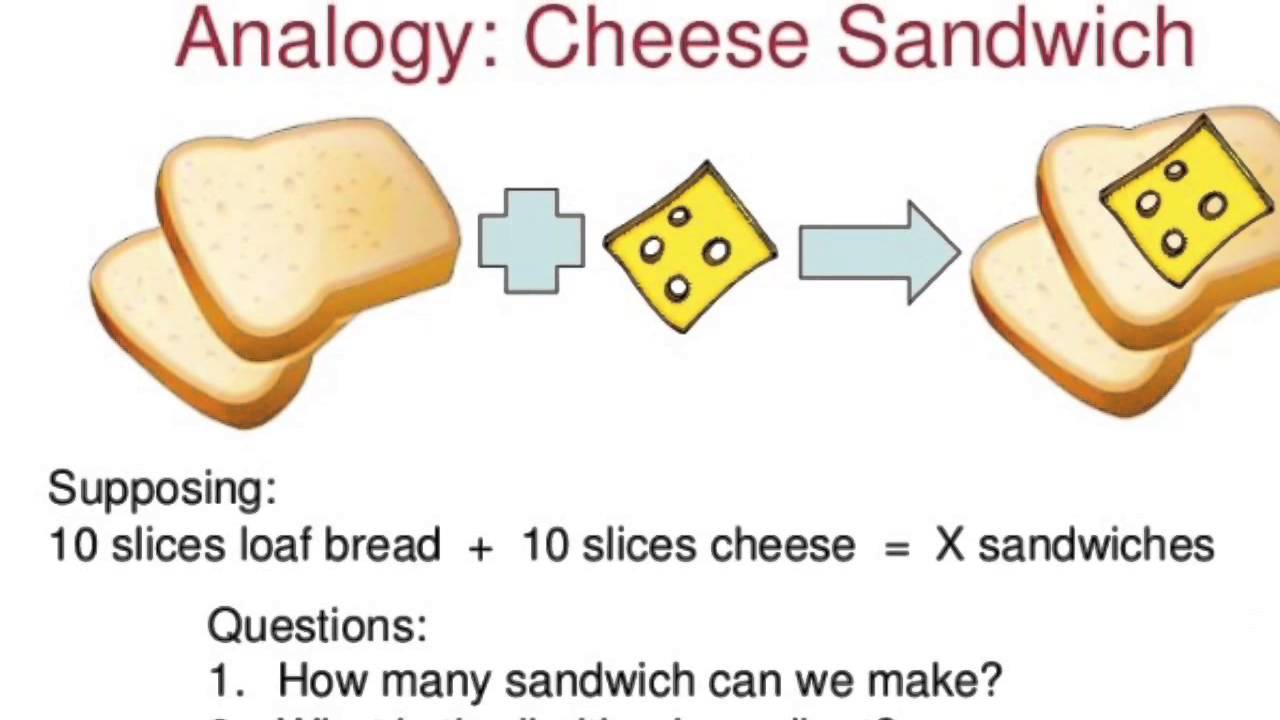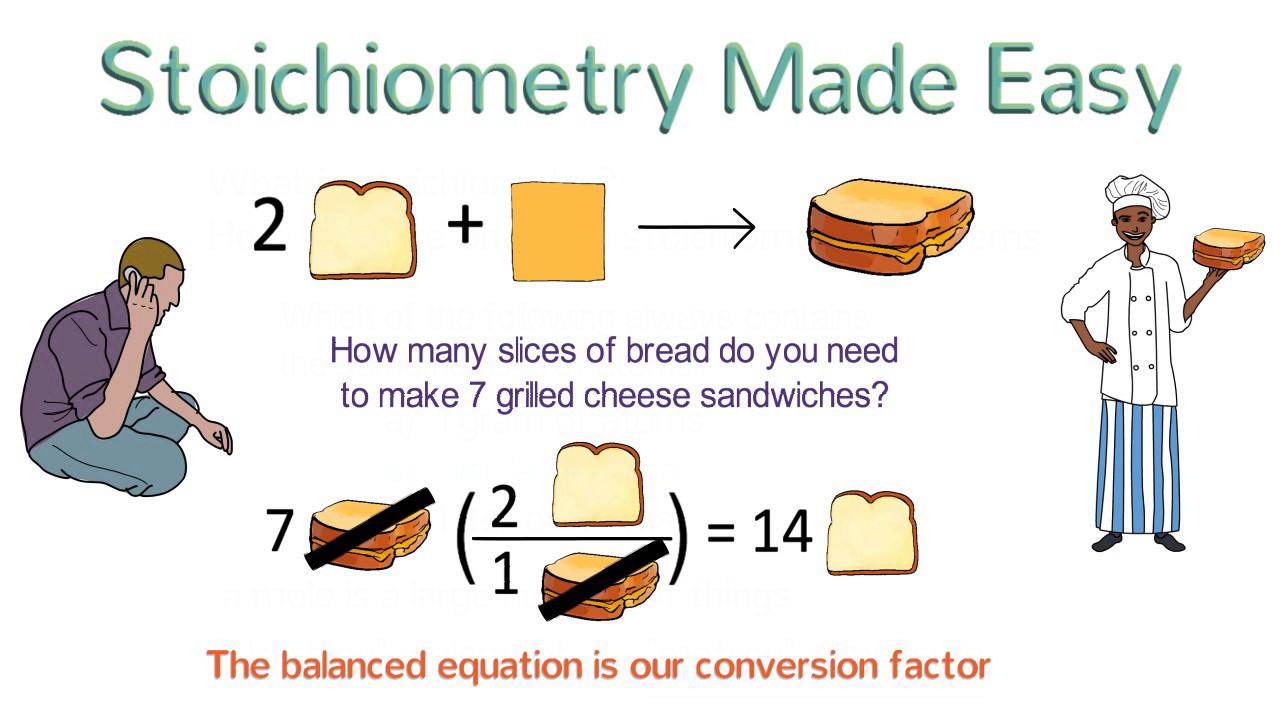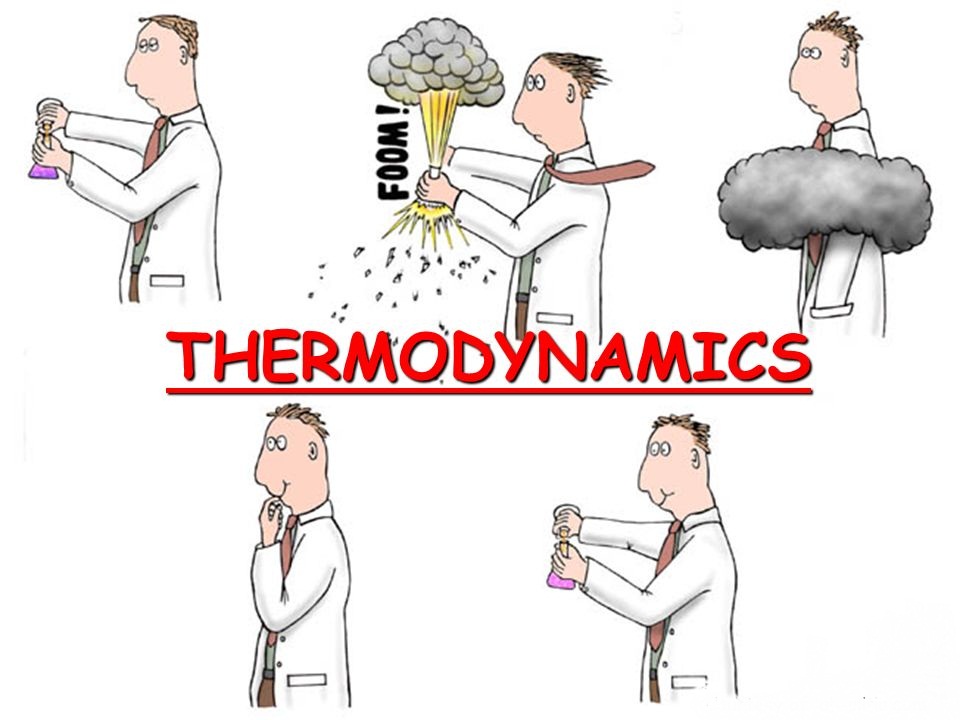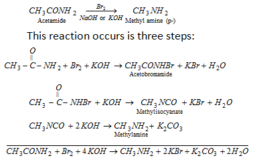Law of reciprocal proportion

source : Hemantmore.org.in
Law of reciprocal proportion-
Question 2 ) Copper sulphide contains 66.5 % Cu, copper oxide contains 79.9 % Cu and sulphur trioxide contains 40% Sulphur.Show that the data illustrates the law of reciprocal proportions.
Solution)

source : Hemantmore.org.in
In Copper sulphide ,
mass of Cu = 66.5 gm
mass of sulphur = 100 – 66.5 = 33.5 gm
In Copper oxide,
mass of Cu = 79.9 gm
mass of oxygen = 100 – 79.9 = 20.1 gm
Let us fix the mass of Cu to 1 gm.
In Copper sulphide ,
66.5 gm Cu combine with sulphur = 33.5
1 gm Cu combine with sulphur = 33.5 / 66.5 = 0.5 gm
In , Copper oxide ,
79.9 gm of Cu combine with oxygen = 20.1
1 gm of Cu combine with oxygen = 20.1 / 79.9 = 0.25 gm
The ratio of masses of sulphur and oxygen which combine with the fixed mass of Cu ( 1.0 gm) is ,
0.50 : 0.25 or 2 : 1
In SO3 ,
mass of sulphur = 40 gm
mass of oxygen = 100 – 40 = 60 gm
The ratio of masses of sulphur and oxygen in SO3 is ,
40 : 60 = 2 : 3
Now comparing the ratio, 2 / 1 : 2/3= 3 : 1
This is a simple whole number ratio.
Hence given data follows law of reciprocal proportion.
Question 3) Illustrate the law of reciprocal proportions from the following data, KCl contains 52% potassium , KI contains 23.6% potassium and ICl contains 78.2 % iodine .
Solution )
In KCl ,
mass of K = 52.0 gm
mass of Cl = 100 – 52.0 = 48.0 gm
In KI ,
mass of K = 23.6 gm
mass of I = 100 – 23.6 = 76.4 gm
Let us fix the mass of K to 1 gm.
In KCl ,
52.0 gm K combine with Cl = 48
1 gm K combine with Cl = 48 / 52 = 0.92 gm
In KI ,
23.6 gm of K combine with I = 76.4 gm
1 gm of K combine with I = 76.4 / 23.6 = 3.24 gm
The ratio of masses of Cl and I which combine with the fixed mass of K ( 1.0 gm) is ,
0.92 : 3.24 or 1 : 3.5
In ICl ,
mass of I = 78.2 gm
mass of Cl = 100 – 78.2 = 21.8 gm
The ratio of masses of Cl and I in ICl is ,
21.8 : 78.2 = 1 : 3.5
Now comparing the ratio, 1/ 3.5 : 1/3.5= 1 : 1
This is a simple whole number ratio.
Hence given data follows law of reciprocal proportion.
